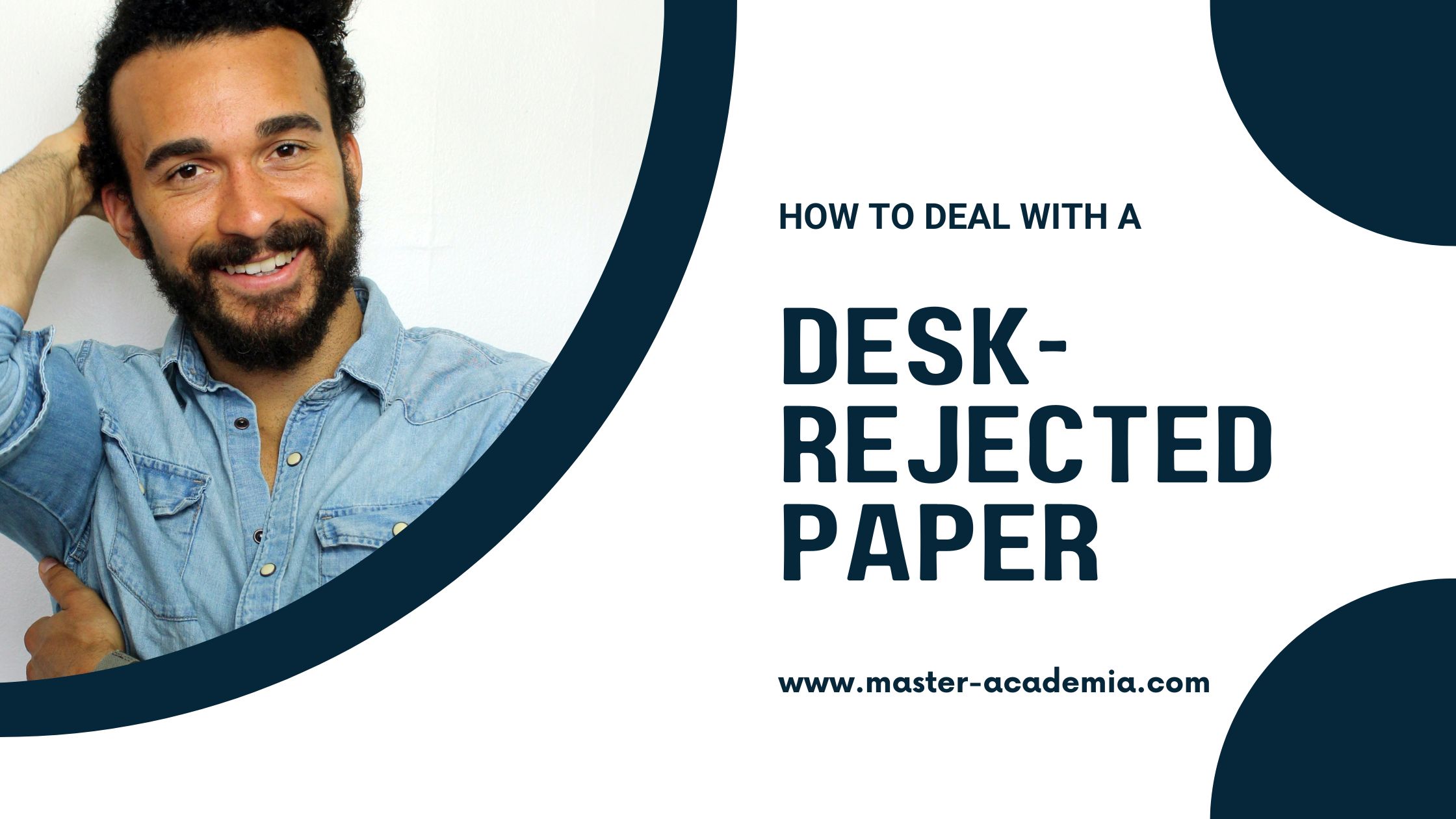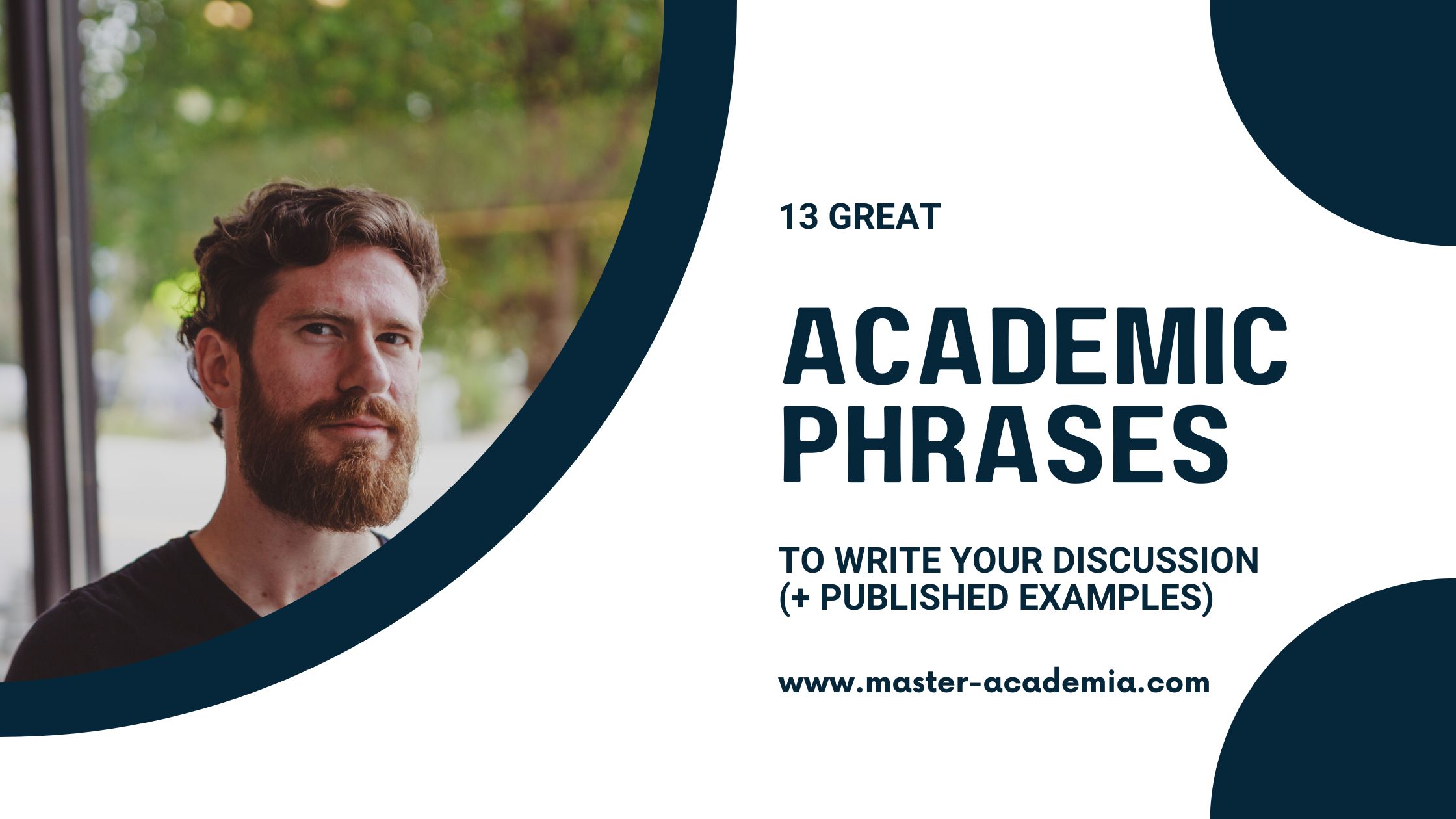- For candidates
- For employers
- For members
- English (EN)
- Nederlands (NL)

How to prepare for a PhD interview
One of the most important hurdles before you decide to embark on a career in academia is the interview with the hiring team. No matter whether it is a PhD position or a postdoc, an interview can make or break your chances of being selected. Here are some of my tips to prepare for a PhD interview.
1. Research the hiring team
Generally, an academic interview consists of the researchers or research managers who are involved intimately with the project they are hiring you for. For a PhD it means the supervisors, collaborators and the promoter. It is generally a good practice to get to know their research output, interests and their academic background before appearing for the interview. Not doing so, signals that either you are disinterested or unprepared. I generally browse through their university staff page as well as their Google Scholar profile and read one or two recent articles before appearing for an interview.
2. Research the research objective
If you know what the project you are being hired for is about, it might be a good idea to read up on the basics to see what the objective of the project is and what is generally the state-of-the-art knowledge. This will prepare you to think about how your own research interests and skills align with what you will be tasked to accomplish. In my PhD interview, I read a few research articles about my PhD topic to get a sense of what the work will be directed towards.
3. Prepare to present
Depending on the university, the position and the hiring team, an applicant might be asked to present either their ideas on what can be done and what is their research vision regarding the subject. This presentation showcases your ability to disseminate your work as well as your ability to be clear and thoughtful which are hallmarks of a successful academic. Alternatively, you might be asked to present some of the research work you have done in the past. In this case, the team is looking to see your rigor, thoughtfulness and confidence in your work.
4. Avoid being over-enthusiastic
Universally, people get hired for their perceived enthusiasm about the position. This applies to academia as well. However, many job applicants can be a little too enthusiastic in an interview and that is not generally perceived in a positive light. The best way to avoid that is to think about why this position interests you rather than think about what you should say to impress the interviewers and to be honest.. Keep your answers short and to the point and do not try to portray yourself as being desperate to get this position. Remember that the interview is an opportunity for the interviewer as well as the interviewee to get to know one another and see if this is a good fit.
5. Avoid being too nervous
On the other end of the spectrum, you might also be too nervous and anxious about the interview. This generally happens to first time interviewees and might result in them forgetting their well-prepared answers or even think clearly during the interview. In these cases, the outcome of the interview is generally poor. In my own experience, I have realized that the more interviews you face the less nervous you become. Also, for a first-time interviewee, to not be too nervous, the best solution is to realize that the hiring team wants to interview you because they see something interesting in your profile. That should inspire some confidence in you and help you put your best foot forward.
6. Asking relevant questions
Most advice offering blogs such as these will state that you should always ask questions at the end of your interview. These questions signal your enthusiasm as well as curious nature. I disagree with this slightly. In my experience, asking genuinely relevant questions is the best way. You can be certain that there are things about the project which you don’t know and are curious about. Do not hesitate to ask about those. If you can’t come up with a lot of questions, that is fine. You can also ask questions regarding the research interests of the hiring team and why they were motivated to start this project. You can also ask practical questions such as targets, salary, work hours, etc. but I feel that these should be best left for subsequent interviews and not the first one.
7. Your profile is your story
In general, most PhD interviews touch on the subject of why you want to pursue this position, or what your motivations are. For such questions, you need to be prepared to tell the story of your interests, skills, education and everything else about your life that led you to being interviewed at that moment. This is not something you can piece together easily. Rather, I will suggest thinking about this and prepare an honest story in advance that you can then tell the interviewer. It doesn’t have to be like a sales pitch, but it should clearly show your motivations and aspirations as well as the highlights of your profile so far.
In my opinion, these are some of the most important tips to remember when you attend a PhD interview. Obviously, there are many more tips and tricks that you can find on the web regarding how to prepare for an interview in general that also apply to PhD interviews.

Recent blog posts
Tips for successful collaborations with industry partners, how to compile your publication list, how to develop a publication strategy, how to use x (twitter) as a scientist, centering your teaching around your teaching vision, how to build up an (international) network, transitioning into the last leg of your phd journey, what changes between a postdoc and assistant professorship, how to write an academic cv, how to use linkedin as an academic.
Introduce yourself in a PhD interview (4 simple steps + examples)
The opening of an application interview for a PhD position usually starts with short introductions of everyone participating in the conversation. Many applicants wonder how to best introduce themselves in a PhD interview. Four simple steps (including examples) help you to develop a powerful self-introduction .
What to do in a PhD interview introduction
What not to do in a phd interview introduction, introductions in a phd interview.
Interviewing for a PhD position can be nerve-wrecking.
On the one hand, the interview is an advanced stage in the PhD application process and a reason to celebrate having come so far.
On the other hand, you may feel much more vulnerable during an interview than when sending a carefully crafted application letter.
A PhD application interview requires you to react quickly to questions, and you will never know what exactly the admissions committee will ask. Nonetheless, you can properly prepare for a PhD interview. One of the elements is preparing a powerful introduction of yourself.
A self-introduction summarises who you are and why you want the PhD position. A powerful self-introduction can set the tone for the whole interview.
If you are unprepared, there is a risk of going in all directions when it is your turn to introduce yourself. It may throw you off and make you extra nervous for the remainder of the interview.
You may also like: How to strategically prepare for a PhD application
Several things are pivotal in PhD interview introductions:
- Keep it short: A good self-introduction is not too long. Of course, it should be longer than simply stating “ My name is … and I would like this position because I love doing research .” However, when introducing yourself, you should avoid speaking for longer than 3-4 minutes.
- Don’t take away all answers to potential questions: Some applicants try to predict all possible interview questions in advance. Then they try to answer all of them as part of their self-introduction. Don’t! There will be plenty of time in the interview to go into details. In a self-introduction, stick to a handful of key points that you want to bring across.
- Take non-verbal cues into account: Non-verbal cues include facial expressions, gestures and body language. During a self-introduction, you should make sure to come across excited about the interview instead of scared and defensive. Smile. Pause. You should also try to read the body language of the interviewer/s: Leaning forward, moving, or hand gestures are cues to wrap up your self-introduction.
Several things are best to be avoided when you introduce yourself in a PhD interview:
- Don’t start babbling: Many PhD applicants start babbling when they are nervous. Babbling means they talk rapidly and incomprehensively. They may repeat information and go in all directions. The easiest way to prevent babbling is by preparing the self-introduction in advance. The four steps explained below can help you with this preparation.
- Don’t provide too detailed information: A self-introduction in a PhD interview serves one purpose: introducing yourself at the start of the interview. Nothing more and nothing less. Hence, there is no need to go into detail about every single aspect. For instance, it is enough to explain what bachelor’s degree you earned. No need to list all individual courses that you followed.
- Don’t already ask questions: It is advisable not to end your self-introduction with several questions that you have. Rest assured that there will likely be a time when the interviewers ask whether you have any questions about the PhD programme that you applied to. However, most interviews will begin with questions to the applicant and not the other way around. So be mindful of this general structure of PhD interviews, and don’t create an awkward situation by immediately bombarding your interviewer/s with your own questions.
Step 1: State your full name
The first step is easy-peasy: State your full name. Why?
Not all names can be intuitively pronounced. So help your interviewer/s by saying out loud your whole name. In that way, they will be more comfortable addressing you by name throughout the interview.
Step 2: Give a brief overview of your educational (and professional) background
Your educational background has a lot of weight in the decision of the application committee on whether you are a good match for a PhD programme or not.
Therefore, it is useful to provide a brief summary of your educational background. Those who have work experience also benefit from including it.
Step 3: Explain why you are interested in the PhD position
The next step is to justify your interest in the PhD position. There are several powerful ways to explain why you want to do a PhD.
What is important in this next step, however, is to link your motivation to the specific PhD position that you are interviewing for. Remember to keep it relatively short!
Step 4: Thank everyone for the opportunity to be interviewed
The final step is to thank everyone for the opportunity to be interviewed. Be gracious and polite, and express your enthusiasm for the interview. This will create a comfortable atmosphere in which questions can be freely asked and answered.
Get new content delivered directly to your inbox!
Subscribe and receive Master Academia's quarterly newsletter.
10 key skills of successful master's students
Clever strategies to keep up with the latest academic research, related articles.

37 creative ways to get motivation to study


Dealing with failure as a PhD student

How to deal with a desk-rejected paper

13 great academic phrases to write your discussion (+ published examples)
How to Prepare for a PhD Interview
So, you’ve been invited for a PhD interview. Congratulations! This means that the admission committee considers you appropriately qualified and academically capable of doing a PhD in their program. This next step will allow them to determine if you’re a good fit, and you have the motivation and drive to complete a PhD. The interview is your opportunity to show the committee who you are, what your interests are, why their program is the right place for you to explore them.
There are many different formats for a PhD interview and varying degrees of formality. You may have a one-on-one interview with your potential supervisor over Skype, a formal interview in front of a panel, be asked to give a presentation to the department, or an informal chat with your potential supervisor and their students over lunch. Regardless of the level of formality, you should still do your homework and prepare for the interview. You cannot predict the specifics of the questions that they will ask you, but certain topics are almost inevitable.
Here are some ways to prepare for your interview:
- Review your research proposal or statement of purpose. The interviewer will likely make reference to it during the interview. Go over the experiences that have prepared you for a PhD and be ready to give specific examples during the interview. Be able to explain the reasons why you applied to this program in particular.
- Be prepared to talk about your research interests in detail. You likely gave an overview in your proposal or statement of purpose, but the interview is your chance to show that you have put some thought into what you wrote. Show that you have the required background knowledge, including knowledge of the key people in your research area, methodologies you plan to use, or studies you want to reference.
- Think about your motivation for pursuing a PhD. The interviewers want to know you have put some thought into the decision to pursue a PhD. They also want to gauge your commitment to the project before they invest time and money in you. Think about how a PhD will help you achieve your career goals.
- Read your potential supervisor’s work. This shows you are serious about working with them. Demonstrate why you want to work with them in particular and how their expertise will be essential to your research. If you are interviewing for a small program, familiarize yourself with the work (or at least the fields of expertise) of the other faculty members.
- Familiarize yourself with current scholarship in the field. This is another way to demonstrate your engagement with field and that you can think critically about the current debates. You should know how your proposed research will fit into the current scholarship and what makes it unique.
Remember that this interview goes both ways. You are preparing to spend at least three years (likely more) of your life here. Think about what is important to you and what would make or break your decision to attend this university. Come to the interview prepared with some questions for the interviewer. Potential questions could include:
- What do they do to promote work/life balance?
- What can your potential mentor/supervisor do to advance your career?
- How does your potential supervisor mentor students?
- What is the program’s job placement record?
- What sort of resources does the university have? (Libraries, lab equipment etc.)
- What are their funding sources?
- What is the program’s average time to degree?
- Will I have the opportunity to teach/present/patent/publish?
If your interview is taking place on-campus or you are invited to visit the campus after being accepted, take the opportunity to talk to some of the current grad students. They will offer you a frank take on the program and the inside scoop on what it’s like to work with your potential supervisor. Also, consider the fact that you will be spending a considerable amount of time around these people for the next few years. Will you fit in with them as a friend and colleague? How social is the department? Do they do activities together outside of the university? Do they seem supportive of each other, or are they competitive? This information will help inform your decision.
A Note on the Skype Interview
Skype interviews are becoming increasingly common, especially for international students. There are a few practical tips to keep in mind when setting up for an online interview. Do your interview somewhere where you have a strong internet connection, usually at home or in a quiet office. If you have roommates, make sure they are aware of when your interview is and understand not to disturb you during the interview. Choose your location carefully. You want a well-lit area with a tidy, neutral background. If possible, face a natural light source. Place your computer on top of a pile of books so that the camera is almost at eye level (a more natural angle). Look at the camera when you speak to make “eye contact” with the interviewer.
The interview is your time to shine, and being prepared will allow you to do just that.
Discover related jobs
Discover similar employers
Accelerate your academic career
Tips for Moving to the UK to Research or Study
The UK is a great place to study or research. Here is some practical adv...
Spanish Academic Job Titles
While there will be some differences university to university, here's a ...
Overcoming Impostor Syndrome
Impostor syndrome is a nagging feeling of self-doubt and unworthiness th...
How to Email a Professor
Emailing a professor is different from emailing a friend or family member.
Moving to the Netherlands to Research or Study
The Netherlands is a great place for researchers. Here are some practica...
The 5 Most Important Questions You’ll Be Asked During a PhD Interview
These are the five most important questions you will be asked in a PhD i...
Jobs by field
- Electrical Engineering 167
- Artificial Intelligence 167
- Machine Learning 163
- Programming Languages 137
- Molecular Biology 115
- Materials Engineering 98
- Management 96
- Electronics 96
- Materials Chemistry 95
- Engineering Physics 92
Jobs by type
- Postdoc 299
- Assistant / Associate Professor 214
- Professor 140
- Researcher 115
- Research assistant 96
- Lecturer / Senior Lecturer 88
- Tenure Track 83
- Management / Leadership 69
- Engineer 61
Jobs by country
- Belgium 284
- Netherlands 178
- Germany 104
- Finland 102
- Luxembourg 94
- Switzerland 89
Jobs by employer
- University of Luxembourg 92
- KU Leuven 90
- Mohammed VI Polytechnic Unive... 84
- Ghent University 61
- Eindhoven University of Techn... 59
- University of Twente 52
- KTH Royal Institute of Techno... 42
- ETH Zürich 37
- Wenzhou-Kean University 35
This website uses cookies

IMAGES
VIDEO
COMMENTS
The main point of the presentation is to showcase my knowledge and creativity. Any tips on how I should approach it? The problem is that I don't have a clear research idea, and I haven't done enough research (I have less than one week to prepare). I know it's mainly a way to see where my interests lie, and my knowledge in the area.
1: background on past project and its purpose (1-3 min) 2: procedure of the project, highlighting techniques used (1 minute) 3: results so far, the results don't have to be good but you must understand their significance, how they can/could have been improved, and how they relate to literature. (1-3 minutes) 4: conclusion and reiterate purpose ...
I am soon attending a PhD Interview (Condensed matter Theory). The interview is divided in two steps: a first interview with a selection comitee, where I have to prepeare a presentation 6 minutes long, and a second, 1.30 hours long interview with possible PIs. The short (6' - 5 slides) presentation is supposed to deal with: Academic Background
3. I was selected for an interview for a PhD scholarship and asked to give a 10-minute presentation consisting of 10 slides including "summarising both your research experience and your research plan for the project". How should I set up the PPT? Is this way ok? How much detail should I go into when describing my thesis?
1. I recently applied for an advertised PhD project and I've made it to the interview stage. For the interview I have been asked to prepare a 5-minute presentation explaining (1) why I am interested/attracted to the project and (2) what skills and attributes I will bring to the research/project. I will also not be allowed to use PowerPoint, to ...
It's unlikely that you can present every detail of every method and its applications in ten minutes, though, so you'll need to choose one project or result and keep the details to a minimum. The skills needed to complete a PhD aren't limited to those learned in the course of doing the research, but also planning projects, adapting methods to ...
Interview presentation using embargoed structures? Hey all, I've come to the end of my PhD so applying for chemistry jobs which usually require some kind of presentation. My PhD had two projects and one of them I am currently embargoed from showing any structures due to industrial collaborator. ... For the best viewing experience, we recommend ...
Depending on the format for your PhD interview it could involve: A formal question and answer session in front of a postgraduate recruitment panel. A presentation, based on your research proposal or area of expertise. A one-to-one discussion with your prospective supervisor.
Presentation for a PhD interview. I am interviewing for a program next week and the supervisor sent me a paper to present at the interview. The paper they sent me is a systematic review. They said that the presentation should be for around 10 minutes. I'm a little confused about the structure of the presentation and what I should include in it.
They say: In this first stage interview you will be asked to give a four minute presentation on a project you have recently been involved and your suitability for this Ph.D. This will be followed by around 10-15 minutes of general questions from the panel. My English is not very well and the interview is in English.
Here are some of my tips to prepare for a PhD interview. 1. Research the hiring team. Generally, an academic interview consists of the researchers or research managers who are involved intimately with the project they are hiring you for. For a PhD it means the supervisors, collaborators and the promoter. It is generally a good practice to get ...
Time Stamps:Overview - 2:01Group meeting presentation - 8:16PhD Interview Presentation video - https://www.youtube.com/watch?v=6bHti2k8fRoPhD Interview Prese...
For a mock interview with me, book here! https://www.fiverr.com/share/ebqE9gI show you my Oxford PhD interview presentation slides as an example of a researc...
To ace your Ph.D. program interviews, prepare to answer—and ask—these key questions. You've made it to the last step of the Ph.D. application process: the interview. Congratulations! But amid the excitement and butterflies, don't neglect the crucial next step: preparation. Grad school interviews—in which aspiring graduate students meet ...
In this video, I talk about the best way to deliver a killer research presentation and PhD presentation skills and tips so you can deliver your talks confide...
What to do in a PhD interview introduction. What not to do in a PhD interview introduction. Step 1: State your full name. Example. Step 2: Give a brief overview of your educational (and professional) background. Example. Step 3: Explain why you are interested in the PhD position. Example.
Here are some ways to prepare for your interview: Review your research proposal or statement of purpose. The interviewer will likely make reference to it during the interview. Go over the experiences that have prepared you for a PhD and be ready to give specific examples during the interview. Be able to explain the reasons why you applied to ...